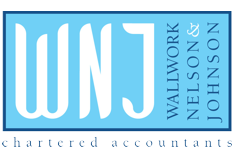Confidence falls as small business challenges rise
Small business confidence fell back into negative territory in the second quarter of this year as firms looked with trepidation at the government’s employment rights shake-up.
The FSB’s Small Business Index (SBI) lost all the ground made up by the first quarter’s welcome return to positive sentiment among small firms.
Construction was the least optimistic of the main sectors but the wholesale and retail sector was not far behind.
The new government has declared its Employment Rights Bill, unveiled in the King’s Speech, as “the biggest upgrade to workers’ rights in a generation”.
It says the bill is designed “to make work pay”. It will see a ban on what it describes as “exploitative” zero-hours contracts, end fire and rehire, and introduce basic employment rights from day one.
The bill will make parental leave, sick pay, and protection from unfair dismissal a day one right for all workers – subject to probationary periods.
It will also make flexible working the default from day one for all workers and update trade union legislation, removing restrictions on trade union activity and simplifying the statutory recognition process.
According to an FSB report, following the King’s Speech, nine out of ten small employers were concerned about the prospect of increased costs and risks when they employ people.
Commenting on the latest SBI findings, Tina McKenzie, FSB’s policy chair, said: “After a strong start to 2024, we were all hoping that the latest quarter would be just as positive for small businesses – if not more so. But sadly, it was not to be.
“Small businesses are looking with trepidation at the government’s forthcoming plans to change employment, which could both increase risk around small businesses employing people, and the costs when they do.
“The rise of labour costs will hold back economic growth, and points to the possibility of a contraction in small business job numbers, which would be terrible news for firms, for staff, for local communities and the national economy.”
She added: “Taxes and employment costs are already soaring for small employers. The government should formally index the Employment Allowance to the rising living wage to help alleviate pressure on small firms and resolve the economic inactivity crisis.
“Every line in the government’s employment plans must be checked for negative impact on growth and jobs.
“The construction sector’s woes, with the lowest confidence reading among the major sectors, underpins our calls for more support for small housebuilders, such as reforming the consumer infrastructure levy, so small building firms can access the finance they need.
“The government’s 1.5 million homes target cannot be achieved without new policies to unlock the potential of small housebuilders.
“With reported revenues in the second quarter not matching the predictions small firms made at the start of the year, there are signs that the small business community found the going tough.”
She went on: “We’re still waiting for action from the government on the long-running sore point for small firms of late payment.
“This could be tackled by giving audit committees of large firm’s oversight of payment practices in their annual reports – something that would not cost the government a penny, but which could help millions of small businesses’ cashflow improve significantly.
“Overall, the small business community is looking for reassurance from the government that it is listening to their concerns, especially around tax and employment.
“The fall in confidence among small firms is disheartening, but need not become a self-fulfilling prophecy. With the right support, we know that small businesses can thrive and drive the economic growth that the government has said is its priority.
“Now, as we head into the next quarter, we’re staring down the barrel at some tough challenges if we want to rebuild confidence.”
- To discuss any issues raised in this article please contact me on 01772 430000




